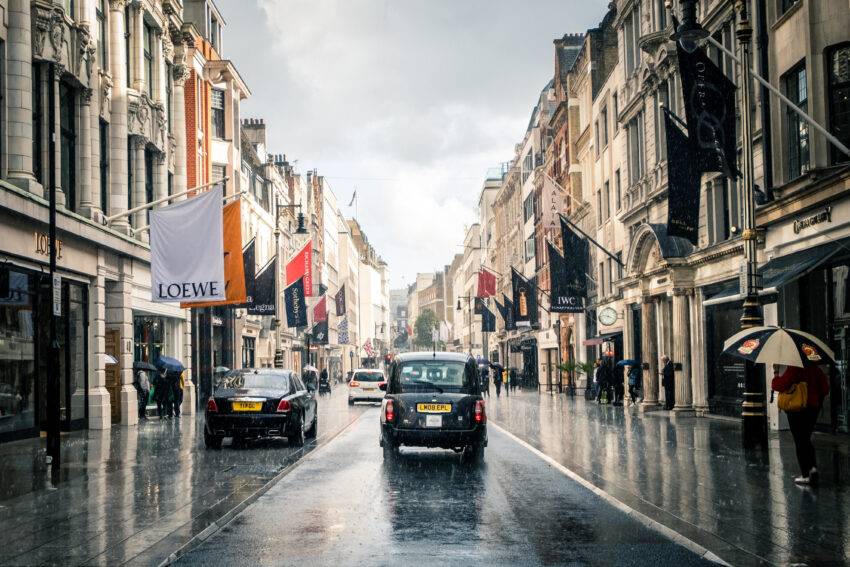
"Retail sales growth cooled sharply last month as households tightened budgets ahead of Chancellor Rachel Reeves's November Budget and heavy storms kept shoppers off the high street. Figures from the British Retail Consortium (BRC) and KPMG show retail sales rose 2.3% year on year in the five weeks to October 4, down from 3.1% in the previous period. Although still above the 12-month average of 2.1%, the slowdown underscores weakening consumer confidence heading into the key Christmas trading season."
"Helen Dickinson, BRC Chief Executive, warned: "Rising inflation and a potentially taxing Budget is weighing on the minds of many households planning their Christmas spending." A separate BRC report this month suggested heavy rainfall may have played an even larger role than Budget anxieties in depressing sales, with many high streets and retail parks reporting double-digit footfall declines during early October. The sector faces mounting concern that households will cut back over the festive period - traditionally the "golden quarter" when retailers earn the bulk of annual profits. Inflation has remained stubbornly high at 3.8%, the strongest level in 19 months, while food inflation stands at 5.1%, its highest rate since January 2024. That has squeezed disposable income and curbed appetite for discretionary purchases."
"The BRC said food sales rose 4.3% year on year in the five-week period, down from 4.7%, with growth driven largely by price increases rather than higher volumes. Non-food sales - covering clothing, homeware and technology - grew by just 0.7%, compared with 1.8% in the previous month. Electronics sales bucked the trend, boosted by the release of Apple's iPhone 17 and new Apple Watch, but demand for apparel and household goods remained"
Retail sales growth slowed to 2.3% year-on-year in the five weeks to October 4, down from 3.1% previously, signaling weaker consumer confidence before the November Budget and the Christmas season. Speculation about tax rises and Storm Amy reduced household willingness to spend and depressed high-street footfall. Inflation at 3.8% and food inflation at 5.1% have squeezed disposable incomes and curbed discretionary purchases. Food sales grew 4.3%, driven mainly by price increases, while non-food sales rose only 0.7%, though electronics benefited from new Apple product releases.
Read at Business Matters
Unable to calculate read time
Collection
[
|
...
]